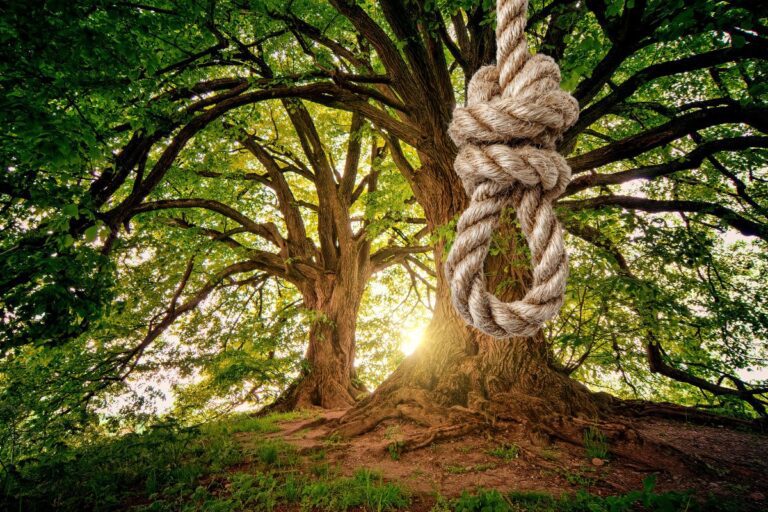Dan Moore Jr, President and CEO of Top Museum.
The rope has a ring at the bottom, found Wednesday afternoon near the entrance to the museum on Auburn Avenue, once known as “the richest black street in the world.”
Founded in 1978, the museum is the city’s oldest cultural center dedicated to the history of African Americans.
Atlanta police and the Georgia Department of Homeland Security responded to the scene. Investigators say the ropes are too small to be formally classified as noose, but museum staff or surrounding communities have not lost symbolism.
Moore issued a statement saying the bill “try to transform learning and memorial places into places of fear.”
He added: “Its purpose is to turn a website of learning and commemoration into a place of fear, which is exactly why it shouldn’t… it shouldn’t happen in our time.”
“For the black community in America, nooses are a symbol of horror, representing lynching, hatred, racial violence and once publicly approved black murders to enforce white supremacy,” Moore said. “Placed next to a museum dedicated to black lives and resilience, the ropes are seen as an act of intimidation: a clear message designed to wounds…silence…and a reminder that people can now think of threats and violence in our country’s past.”
He urged the community to reject these behaviors using legal means and moral clarity.
“This symbol of hatred in or near these institutions is a humiliation that demeans the works of scholars, activists, descendants and survivors who strive to transform historic stories full of pain and achievement into education and hope for the future,” he said.
The museum is currently preparing for an exhibition in the 1906 Atlanta Competition Holocaust, adding emotional weight to the appearance of the rope.
Atlanta police issued a brief statement saying: “Police are investigating the situation. At present, there are no major reports.”
Since then, the Department of Homeland Security has removed the rope and determined that it does not meet the technical definition of the noose.
The incident took place during a national review after the death of 21-year-old Demartravion “Trey” Reed, a black student who was found hanging from a tree on the campus of Mississippi Delta State University.
Although local officials say there is no evidence of foul, the family of Reed, represented by civil rights lawyer Ben Crump, asked for an independent investigation.


